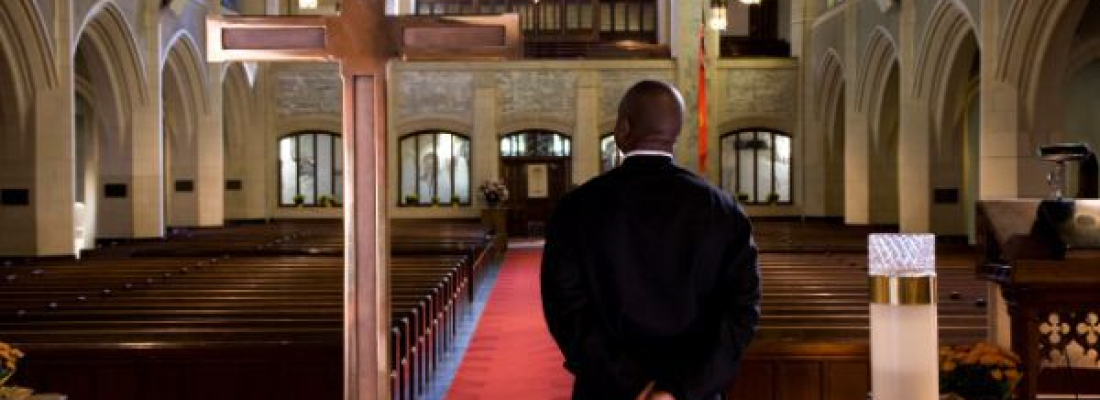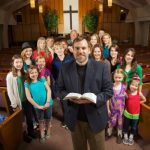Many churches provide housing (a parsonage) or a housing allowance for their clergy members as part of their overall compensation package. The tax treatment of such housing, whether provided directly or as a stipend, is an important benefit for ministers. The relevant section of the Internal Revenue Code is 26 U.S.C. § 107, which simply reads:
In the case of a minister of the gospel, gross income does not include—
- The rental value of a home furnished to him as part of his compensation; or
- The rental allowance paid to him as part of his compensation, to the extent used by him to rent or provide a home and to the extent such allowance does not exceed the fair rental value of the home, including furnishings and appurtenances such as a garage, plus the cost of utilities.
The key benefit for ministers is that they don’t need to include their housing allowance in their gross income reported to the IRS, provided certain qualifications are met. As with any tax rule, Section 107 is full of nuances and interpretations. These are a few of the important ones:
- Parsonage designation requirement. Before a minister who lives in a church-owned home can avoid paying taxes for it, the church’s board must take official action, such as by formal action at a meeting or in written consent, approving the parsonage as a component of the minister’s compensation.
- Fair value of housing and repairs. It is important that the minister has confidence that the value of a parsonage allowance, in addition to its furniture, repairs, and so forth, is safely deemed “fair value.” Excess amounts are considered taxable, making the fair value calculation important. This rule is designed to prevent clergy from receiving huge tax-free payments disguised as housing allowances, but it can create problems in some other circumstances as well.
- Report it correctly. Although clergy housing payments or allowances are not included in the clergy member’s gross income, they still must be reported on the individual’s tax returns. The obligation rests with the clergy member to complete his or her own taxes correctly, but the church can assist by providing an accounting of the breakdown of how compensation was paid over the course of the year.
The Church Law Center of California provides legal counsel to churches and other nonprofit organizations. We can help your church examine its employment practices to ensure that they meet IRS and state requirements. Call us at (949) 892-1221 or reach out to us through our contact page.






